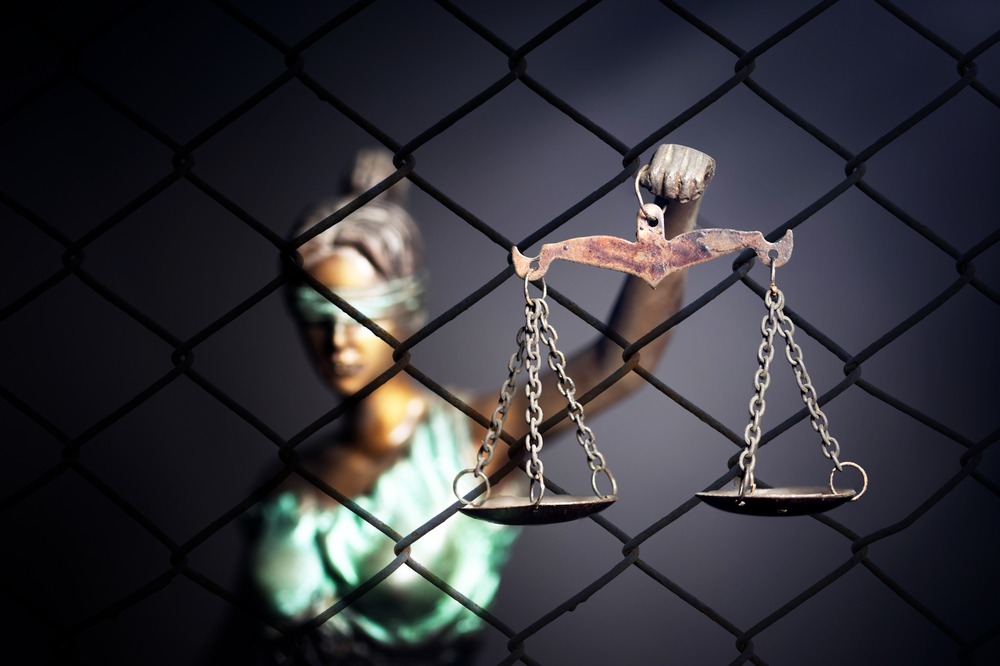
Global Outcry over Unjust ImprisonmentGlobal Outcry over Unjust Imprisonment The world has witnessed a groundswell of outrage over the rampant practice of unjust imprisonment, where individuals are wrongfully deprived of their freedom. This global outcry has been fueled by numerous high-profile cases that have shone a spotlight on the systemic failures and systemic injustices within criminal justice systems. The Scale of the Problem Unjust imprisonment is a pervasive issue affecting countless individuals across the globe. According to the Innocence Project, over 3,200 innocent people have been exonerated in the United States alone since 1989. In many other countries, the true extent of wrongful convictions remains unknown due to a lack of reliable data and transparency. Causes of Unjust Imprisonment Multiple factors contribute to unjust imprisonment, including: * Mistaken Identity: Eyewitness misidentification is a major cause of wrongful convictions. * Prosecutorial Misconduct: Prosecutors may suppress evidence, coerce witnesses, or use tactics that lead to unfair trial outcomes. * Police Brutality and Coerced Confessions: Excessive force and threats by law enforcement may result in coerced confessions that are later used against individuals. * Inadequate Legal Representation: Individuals from disadvantaged backgrounds or with disabilities may lack access to effective legal assistance. * Racial and Socioeconomic Bias: Systematic racism and socioeconomic disparities can lead to disproportionate rates of wrongful convictions among marginalized communities. International Response The global outcry over unjust imprisonment has spurred a collective effort to address this issue. International organizations, such as Amnesty International and the United Nations, have played a crucial role in raising awareness and advocating for reform. * Exoneration and Compensation: Governments and organizations have established mechanisms to provide compensation and support to individuals who have been wrongfully convicted. * Legal Reforms: Countries have implemented reforms to prevent wrongful convictions, such as eyewitness identification procedures, body cameras for law enforcement, and increased transparency in the criminal justice system. * International Standards: The United Nations has adopted the Mandela Rules, which set minimum standards for the treatment of prisoners and prohibit torture and other forms of ill-treatment. The Continued Struggle Despite the progress made, the fight against unjust imprisonment continues. Many individuals remain imprisoned for crimes they did not commit, and the underlying causes of wrongful convictions persist. * Broken Trust: Unjust imprisonment erodes public trust in the criminal justice system and undermines the rule of law. * Human Suffering: Innocent individuals suffer irreparable harm while unjustly imprisoned, enduring physical, psychological, and social consequences. * Economic Costs: Wrongful convictions impose significant financial burdens on governments and society, including the costs of investigation, prosecution, and incarceration. Conclusion The global outcry over unjust imprisonment is a testament to the fundamental belief that everyone deserves justice. By addressing the root causes of wrongful convictions, reforming criminal justice systems, and ensuring fair trials, we can create a society where justice prevails and the innocent are protected.
Posted inNews